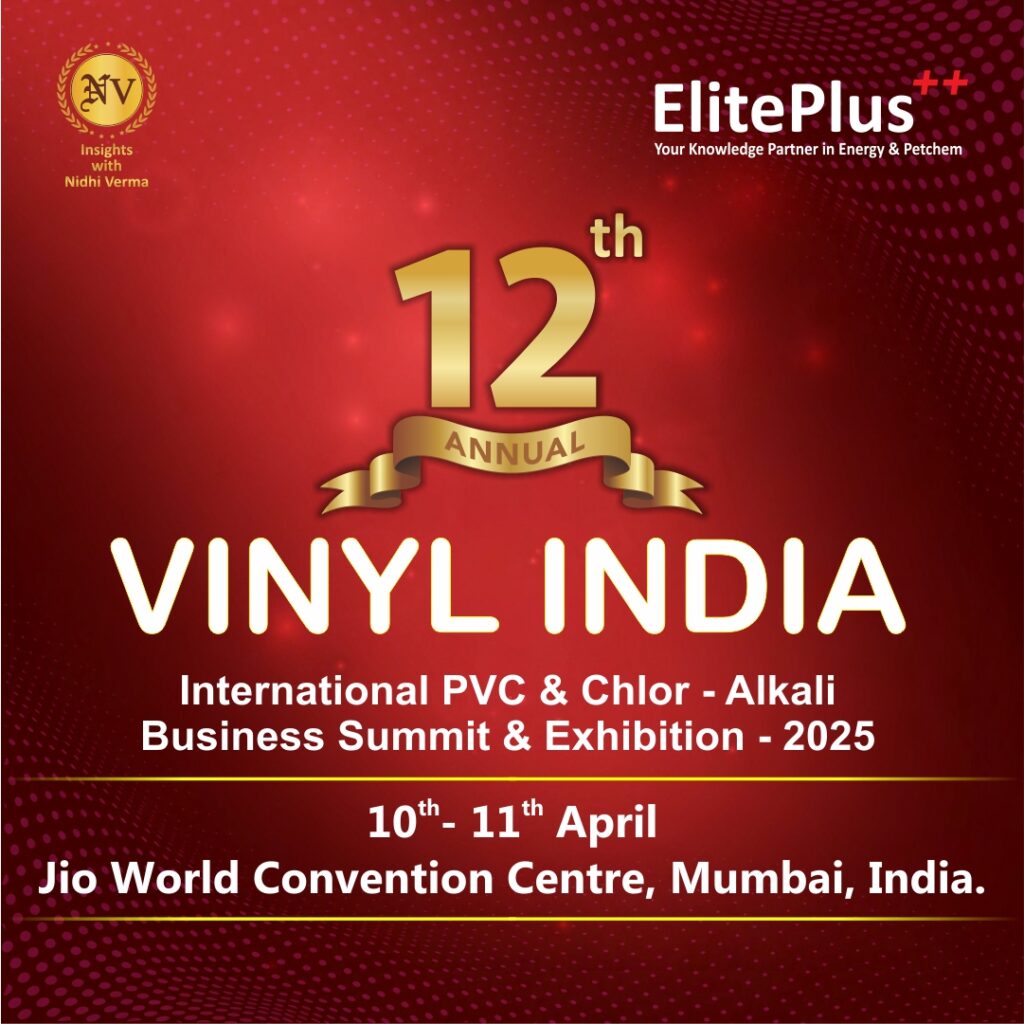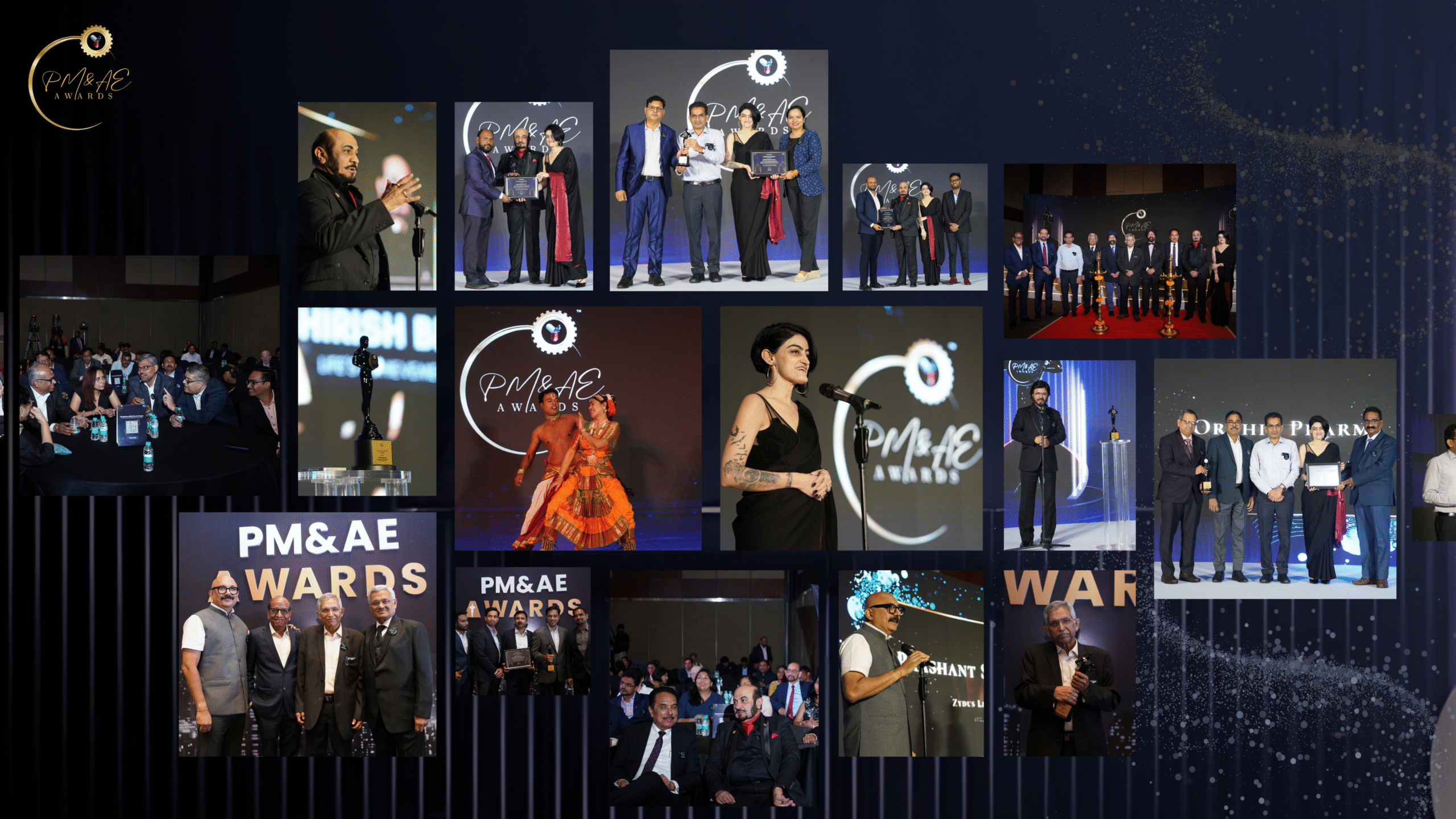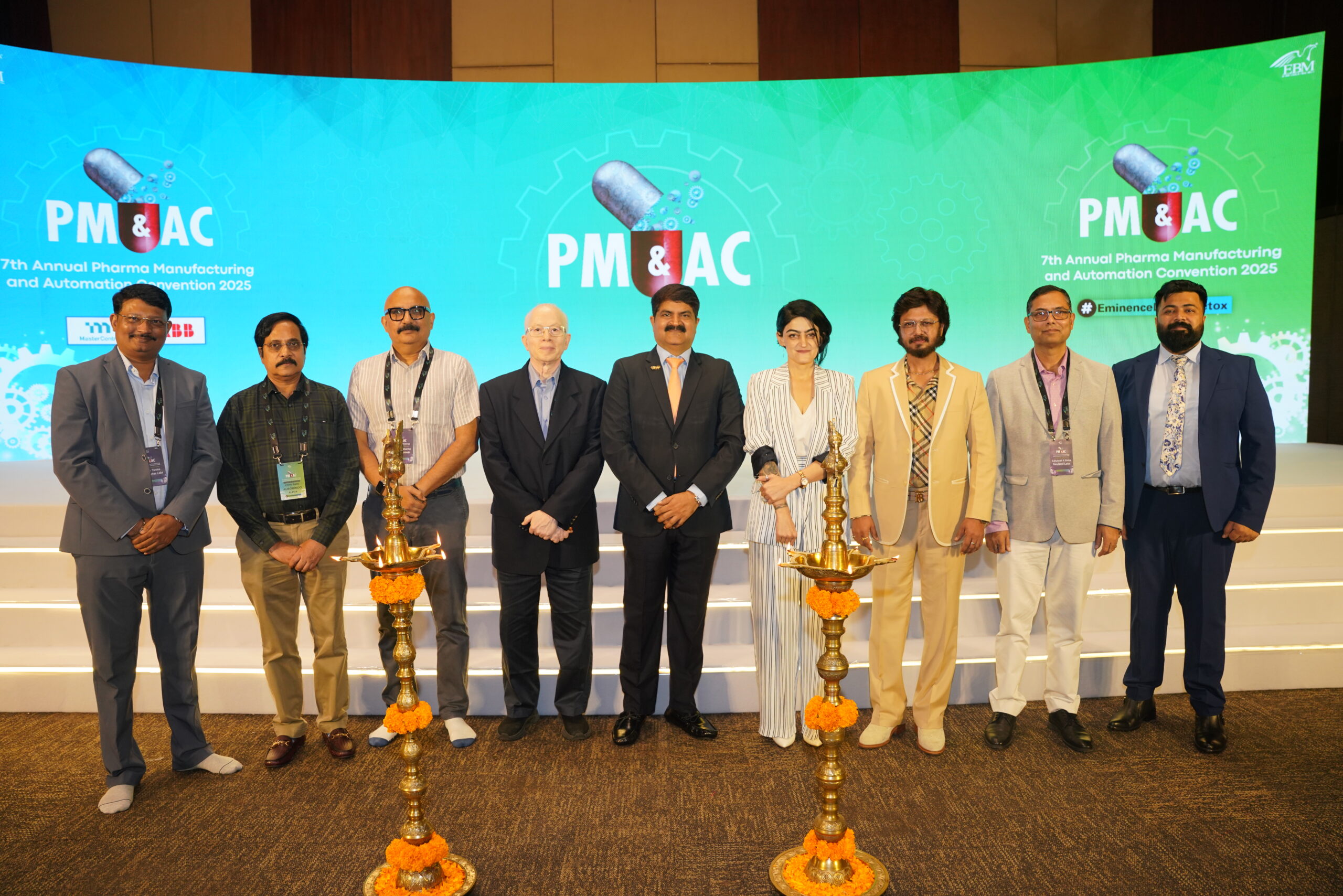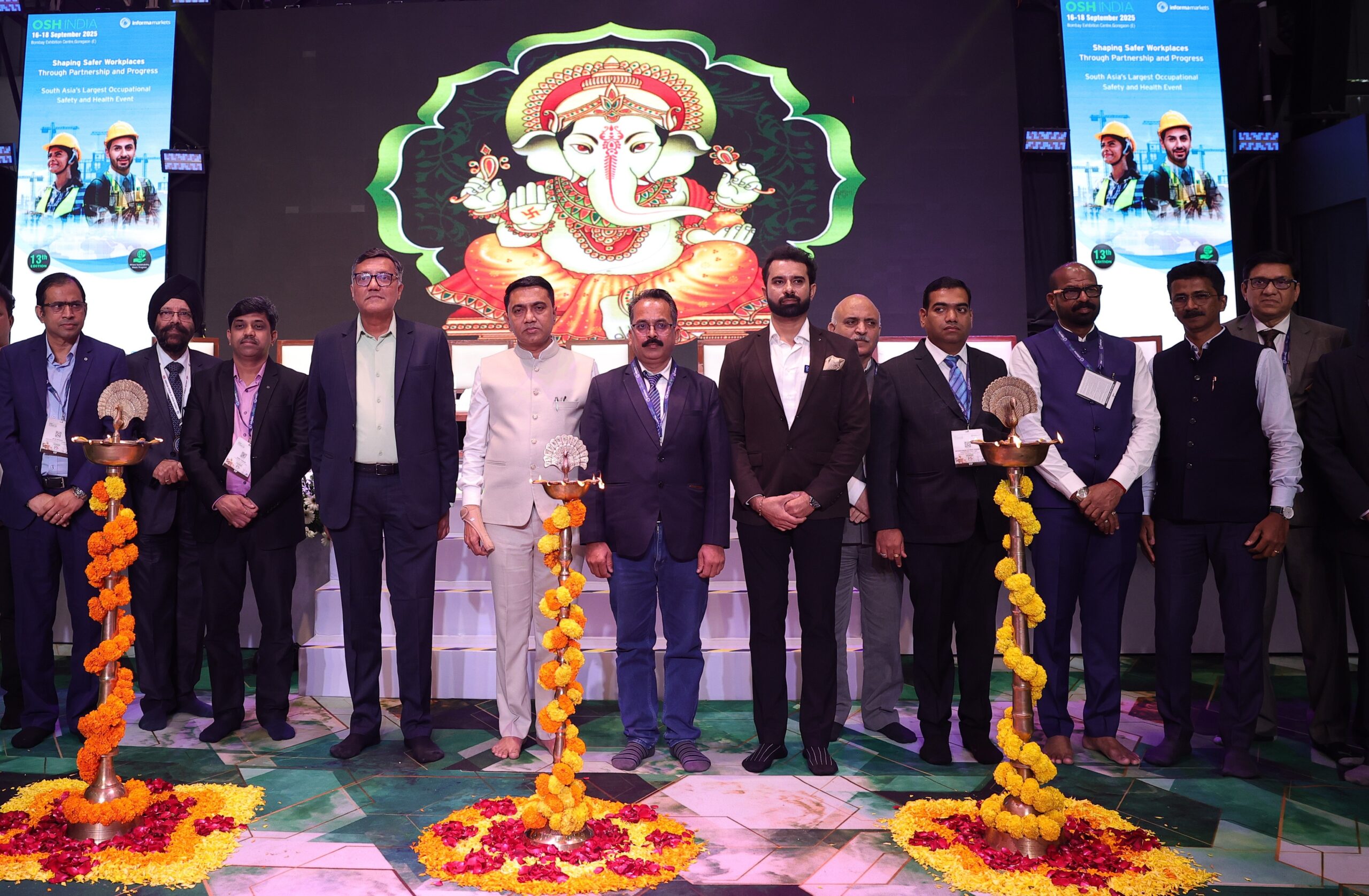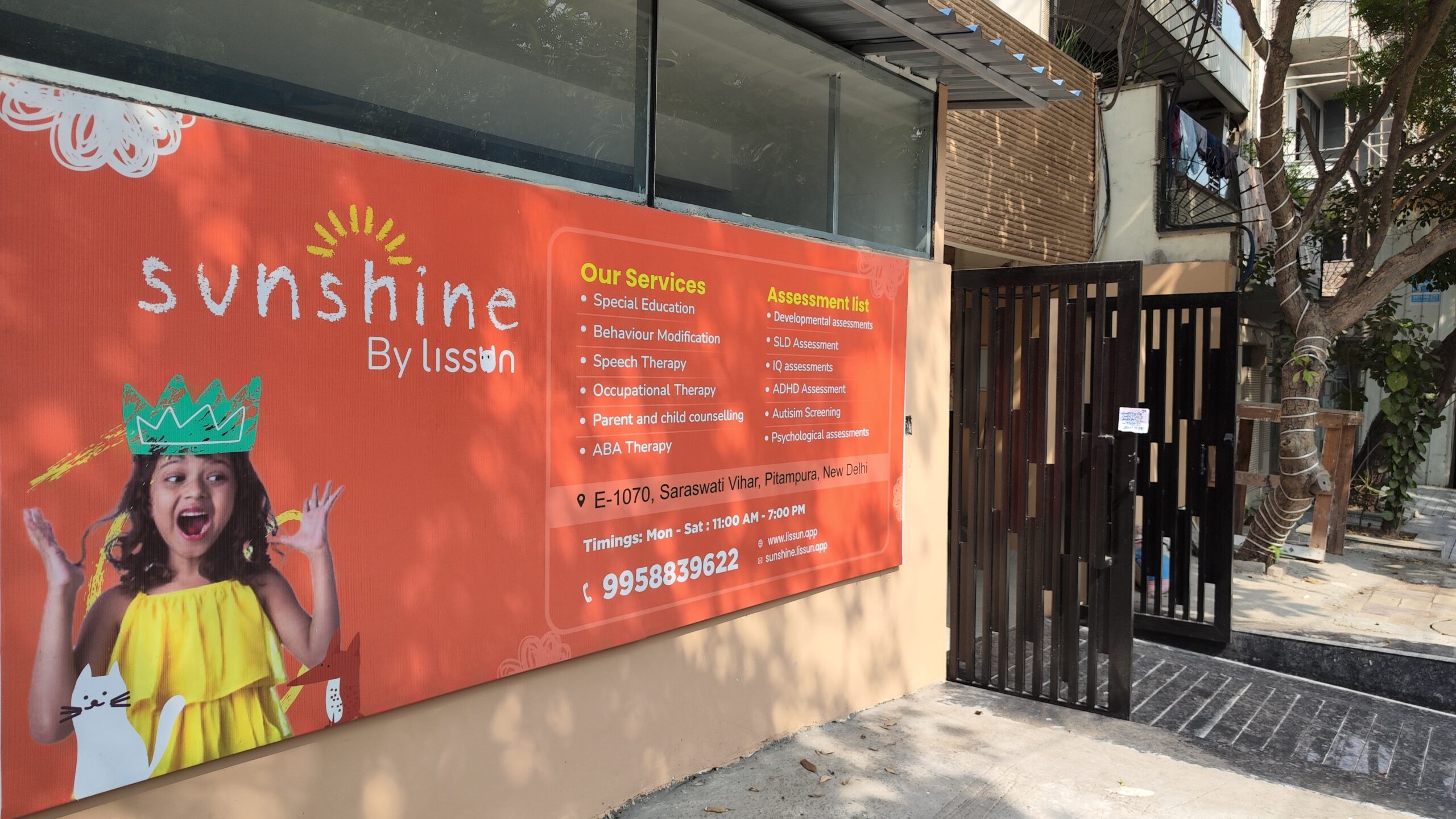Mumbai, 9th July 2025: K J Somaiya Institute of Technology, Mumbai successfully hosted the International Conference on Emerging Technologies for Sustainable Development (ICETS 2025), with funding support of the Indian Society for Technical Education (ISTE). The conference was inaugurated by Chief Guest Dr. Dilip Shivagan, Senior Principal Scientist and Head of Temperature & Humidity Metrology at Council of Scientific & Industrial Research (CSIR) – National Physical Laboratory, New Delhi, Guest of Honour Prof. V N Rajasekharan Pillai, Vice Chancellor of Somaiya Vidyavihar University, accompanied by Dr. Suresh Ukarande, Director of K J Somaiya School of Engineering and Dean, Faculty of Engineering & Technology, Somaiya Vidyavihar University, and Dr. Vivek Sunnapwar, Principal of K J Somaiya Institute of Technology and Conference Chairperson, setting the tone for two days of thought-provoking deliberations.
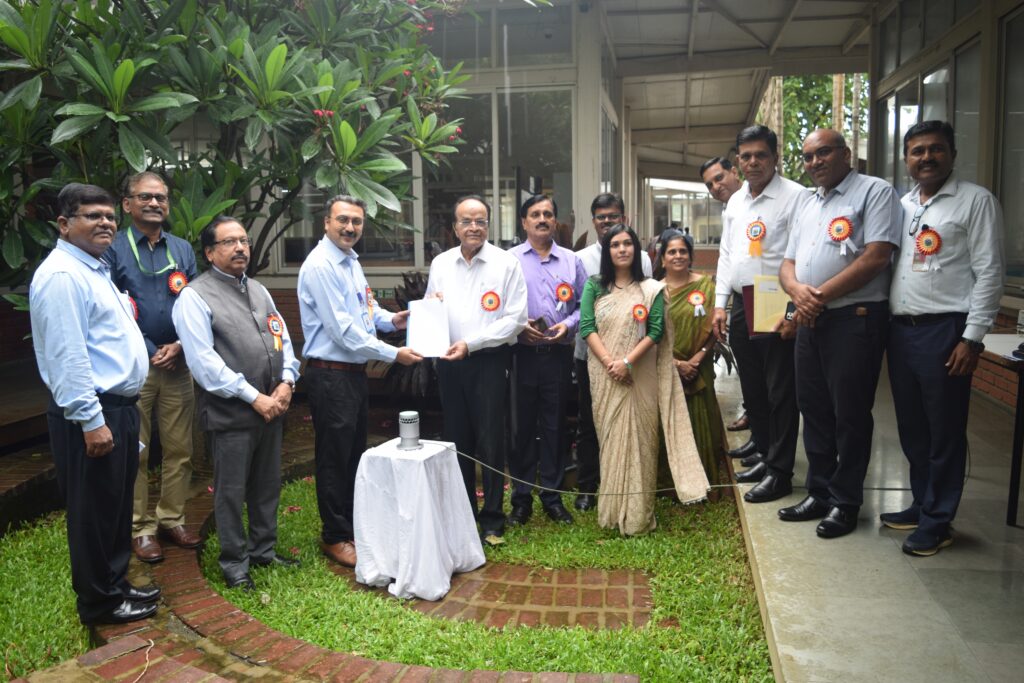
Distinguished dignitaries and domain experts graced the conference, delivering enriching keynote talks and participating in dynamic panel discussions that provided clear research directions and fresh perspectives for emerging scholars. In the plenary talk, Dr. Dilip Shivagan shared insights on Quantum Metrology for Sustainable Development, inspiring participants to explore advanced measurement science for climate monitoring and clean technology.
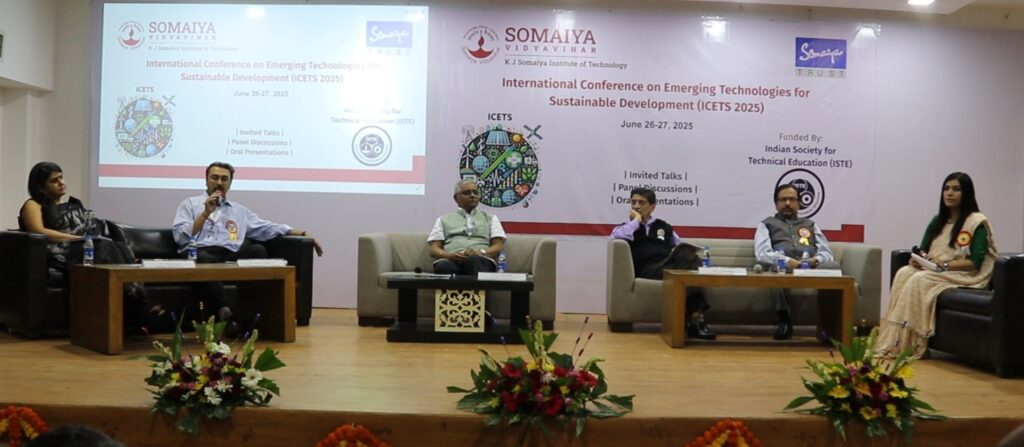
The conference featured two high-impact panel discussions: the first, “Technology, Research, and Policy as Catalysts for India’s Climate Action”, brought together Shri K. S. Hosalikar, Former Head & Scientist ‘G’ (Retd.), Climate Research and Services, India Meteorological Department, Pune; Shri Sambhaji Kadupatil, IAS (Retd.), Director General, Vasantdada Sugar Institute, Pune; Dr. Kaustav Chakravarty, Scientist ‘F’, Indian Institute of Tropical Meteorology, Pune; Ms. Nidhi Jamwal, Senior Environment and Climate Journalist, Mumbai; and Shri Vishram Bapat, Director, Databyte Services and Systems, Mumbai. These experts underscored the importance of robust policy frameworks, technology adoption, research, and community engagement to accelerate climate resilience.
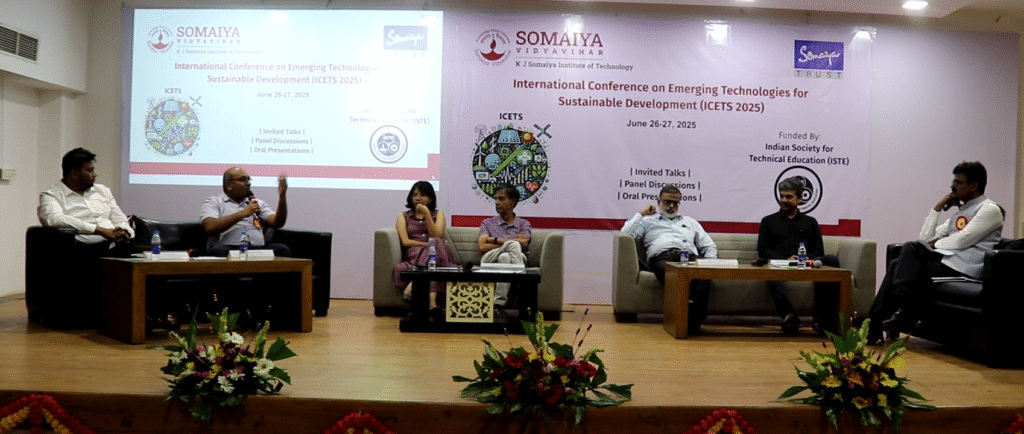
The second panel, “India in Orbit: Research, Innovation, and Global Leadership in Space by 2040,” included Dr. Deepak Mishra, Professor and Head, Department of Avionics, Indian Institute of Space Science and Technology, Trivandrum; Shri Ronak Kumar Samantray, Founder, TakeMe2Space, Hyderabad; Prof. C. S. Kulkarni, Senate Member and Professor, University of Mumbai; Shri Sajo George, Associate Scientist, Manastu Space Technologies, Navi Mumbai; Shri Srinivas Laxman, Senior Space Journalist; and Ms. Ruchira Sawant, Science Journalist. They outlined future research avenues in satellite technology, indigenous innovation, space entrepreneurship, and global collaborations to strengthen India’s leadership in the space sector.
Participants from across India and several countries presented research papers across four thematic tracks—Environmental Sustainability and Climate Action, Sustainable Healthcare and Equality, Sustainable Agriculture and Food Security, and Space Innovations for Transformative Industry. Dr. Rajib Chattopadhyay, Scientist ‘F’, India Meteorological Department, Pune; Shri Nitin Kamble, Global Head Centre of Excellence – Digital Technologies, Tata Technologies, Pune; and Shri Mahesh Rajmane, General Manager, NETSCOUT, Pune chaired the sessions of paper presentations and also delivered keynote talks, providing valuable insights into cutting-edge developments in artificial intelligence, climate services, and industrial frameworks for sustainability.
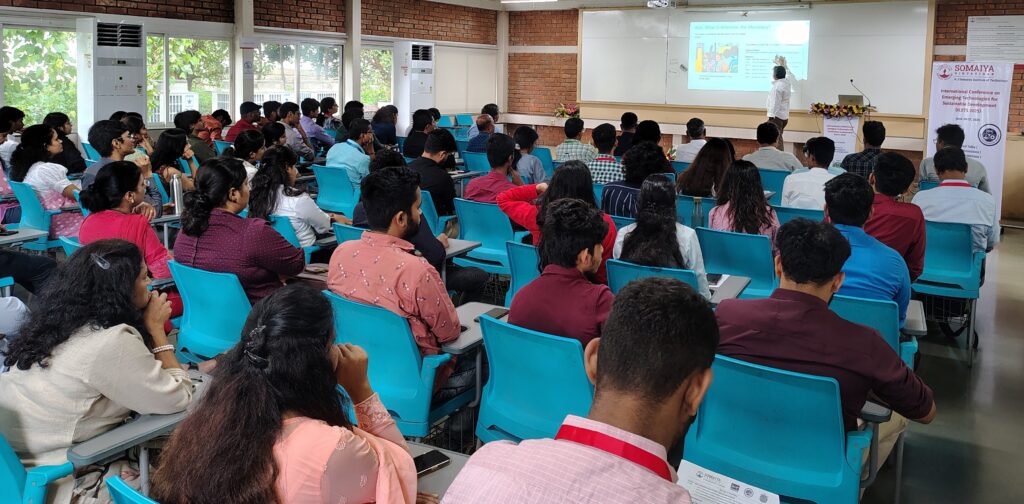
The conference served as a vibrant platform for exchanging ideas, fostering collaborations, and opening new research opportunities aligned with national and global priorities in sustainable development. The conference was meticulously organized by Dr. Radhika Kotecha, Professor and Head, Department of Information Technology, and Dr. Umesh Shinde, Associate Professor and Dean, Research, Development and Consultancy, as Organizing Secretaries,with the support of the entire organizing team, reaffirming the institute’s commitment to advancing sustainable development goals through technology-driven innovation and research.
As a special highlight of the conference, a cutting-edge meteorological instrument called a “disdrometer” was installed at K J Somaiya Institute of Technology by the Indian Institute of Tropical Meteorology, Pune, through the initiative of Dr. Kaustav Chakravarty, Scientist ‘F’, and was inaugurated by the dignitaries of the conference. This advanced equipment will support enhanced regional climate monitoring and collaborative research on rainfall measurement and hydrometeorological studies.
********
About K J Somaiya Institute of Technology
Established in 2001 by the Somaiya Trust, K. J. Somaiya Institute of Technology (KJSIT) is an autonomous engineering college permanently affiliated to the University of Mumbai. Located in the heart of Mumbai at the Ayurvihar campus, Sion, KJSIT offers cutting-edge undergraduate, postgraduate, and Ph.D. programs across Computer Engineering, Electronics and Telecommunication, Information Technology, and Artificial Intelligence & Data Science.
Accredited by NAAC with an ‘A’ grade and NBA-accredited for three programs, KJSIT is widely recognized for academic excellence and industry-aligned education. It was ranked in the Top 100 under NIRF Innovation Rankings 2023 and awarded the Best College by the University of Mumbai.
Beyond academics, the institute fosters innovation, entrepreneurship, and holistic development through state-of-the-art labs, startup incubators, national-level competitions, and an active placement cell with consistent global recruiters.
For more information, visit https://kjsit.somaiya.edu.in/en.

